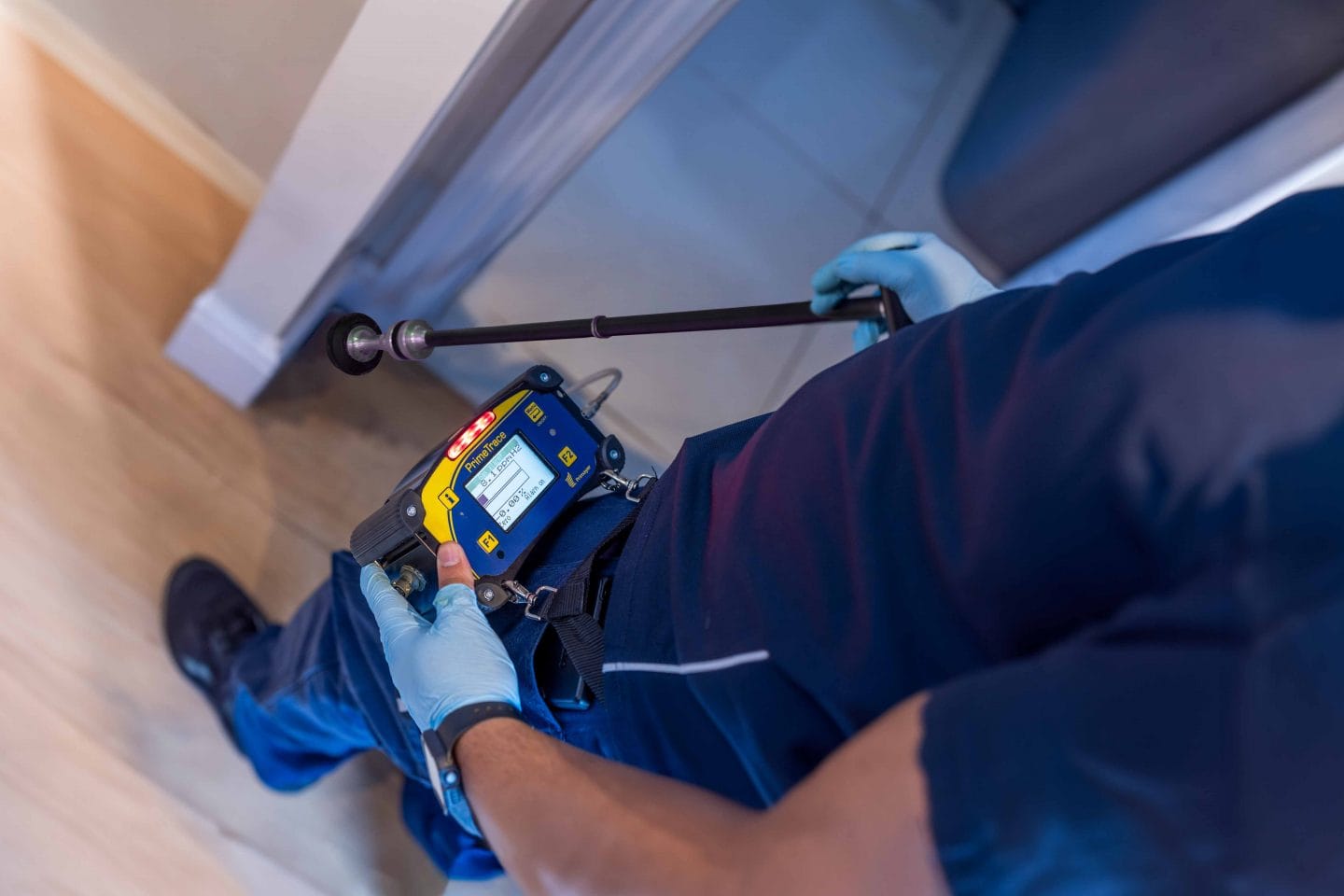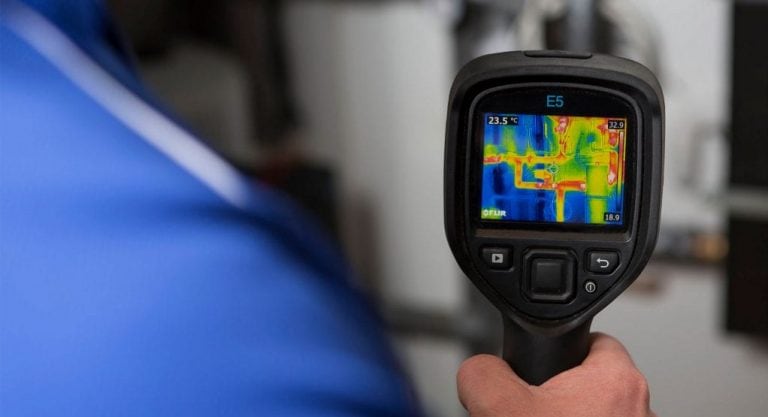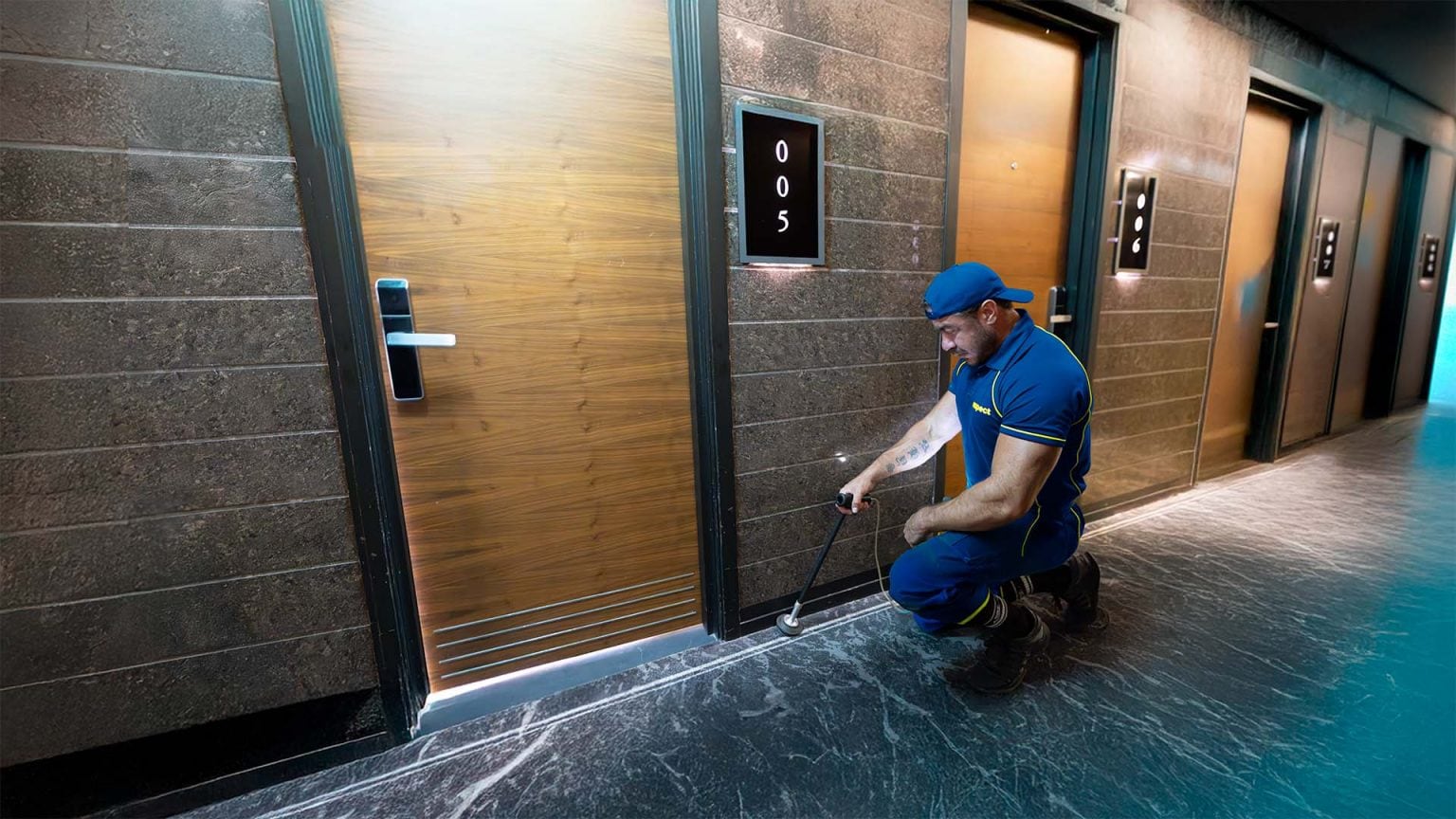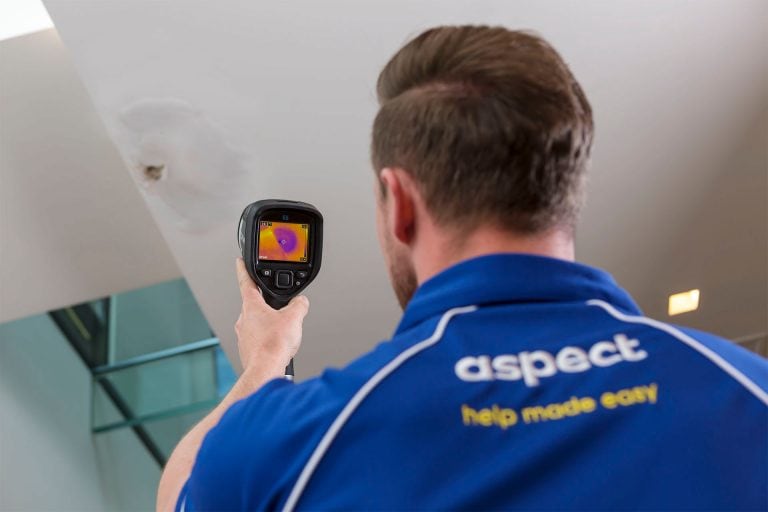If you suspect a leak in your central heating system, it’s essential to have it fixed promptly. Concealed leaks behind walls and ceilings can cause water damage and aid mould growth.
Our central heating leak detection services are provided by Gas Safe registered experts. Equipped with non-invasive detection methods, they can reliably find leaks anywhere on a heating system. They can usually fix the leak immediately and estimate all necessary reinstatement work.
Our central heating leak detection service is available 24/7. We don’t charge extra for emergency attendance when we aim to be on-site within an hour.








